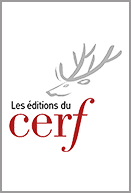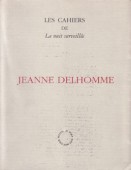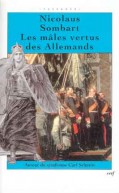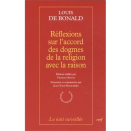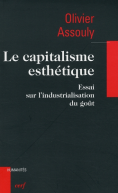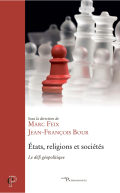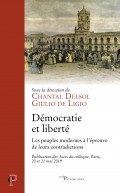La Médiation chrétienne
Collection La Nuit surveillée
256 pages - juin 2009
33,00€
Le problème théologico-politique est depuis ces dernières années abondamment traité à la faveur des œuvres de Carl Schmitt et, plus largement, des débats relatifs à la place des religions dans l'espace public et politique. De là une inflation de l'expression « Théologie politique » sans jamais rigoureusement préciser à quelle théologie et à quelle tradition religieuse renvoie cette expression. Ce manque de précision vaut à l'intérieur même du christianisme. S'il existe un phénomène théologico-politique chrétien, celui-ci n'en est pas moins polysémique en raison de ses périodisations historiques et de la pluralité de ses traditions ecclésiales. Cet ouvrage entend articuler l'originalité du théologico-politique chrétien dans sa globalité à ses différentes composantes, tout en dégageant des concepts spécifiquement chrétiens. Au nombre de ceux-ci, celui de médiation occupe une place centrale, à commencer par ceux de médiation du Christ et de l'Église. Mais l'ouvrage vise aussi à démontrer que la médiation chrétienne, dans ses conséquences théologico-politiques, a eu une signification décisive dans la genèse de la modernité séculière avec l'avènement de l'État et de l'État libéral. On ne saurait donc faire l'économie d'une interprétation théologico-politique de la constitution autonome/séculière des sociétés européennes et occidentales comme l'attestent les philosophies politiques de l'Âge classique.
--
The theologico-political problematic has been abundantly treated over the past few years thanks to the works of Carl Schmitt and, more widely, debates about the role of religions in public life and politics. So we have become familiar with the expression ‘Political theology’ without having a precise definition of the theology and the religious tradition it refers to. This lack of precision is also present within Christianity. If a Christian theologico-political phenomenon indeed exists, it is polysemous in nature because of historical periodization and the plurality of ecclesial traditions. This work explores the originality of Christian the theologico-political problematic in its ensemble as well as its different components, while identifying those concepts that are specifically Christian. Among them, that of mediation is central; beginning with the mediation of Christ and the Church. But this book also aims to show that the theologico-political consequences of Christian mediation have been decisive in the genesis of modern secularity, with the advent of the State and the Liberal State. So a theologico-political interpretation of the autonomous/secular constitution of Western and European societies is indispensible, as the political philosophies of the Classic Age show.
--
The theologico-political problematic has been abundantly treated over the past few years thanks to the works of Carl Schmitt and, more widely, debates about the role of religions in public life and politics. So we have become familiar with the expression ‘Political theology’ without having a precise definition of the theology and the religious tradition it refers to. This lack of precision is also present within Christianity. If a Christian theologico-political phenomenon indeed exists, it is polysemous in nature because of historical periodization and the plurality of ecclesial traditions. This work explores the originality of Christian the theologico-political problematic in its ensemble as well as its different components, while identifying those concepts that are specifically Christian. Among them, that of mediation is central; beginning with the mediation of Christ and the Church. But this book also aims to show that the theologico-political consequences of Christian mediation have been decisive in the genesis of modern secularity, with the advent of the State and the Liberal State. So a theologico-political interpretation of the autonomous/secular constitution of Western and European societies is indispensible, as the political philosophies of the Classic Age show.
- Dimensions : 135x215x20
- ISBN : 9782204088251
- Poids : 340 grammes
DU MÊME AUTEUR
Identité et altérité : La norme en question ?
336 pages - avril 2010
Revue d'éthique et de théologie morale {Hors série}
Un supplément d'âme. Textes de 1947 à 1983
720 pages - févr. 1998
Revue d'éthique et de théologie morale 226
316 pages - oct. 2003
> VOIR TOUS LES LIVRES DE l'AUTEUR
DANS LA CATÉGORIE THÈMES FONDAMENTAUX
Jeanne Delhomme
252 pages - nov. 1991
Réflexions sur l'accord des dogmes de la religion avec la raison
de Louis de Bonald
192 pages - déc. 2012
Le Capitalisme esthétique
Essai sur l'industrialisation du goût
d' Olivier Assouly
192 pages - mai 2008
États, religions et sociétés
Le défi géopolitique
de Marc Feix ,Jean-François Bour
208 pages - oct. 2024




